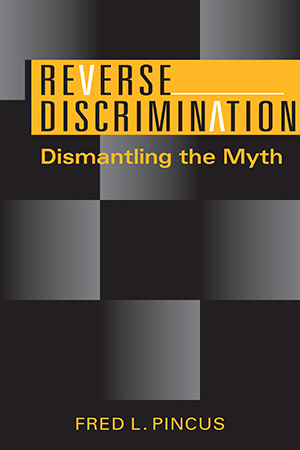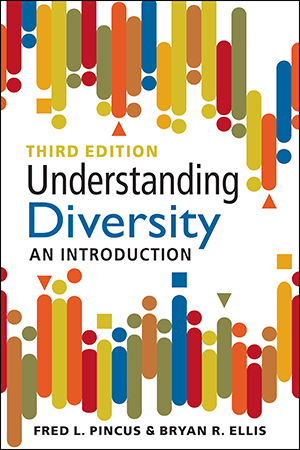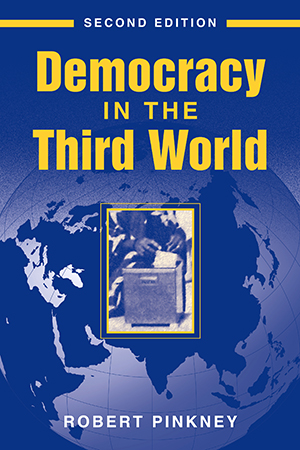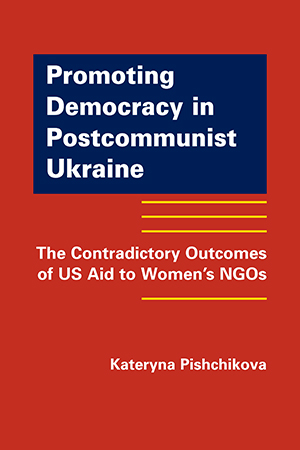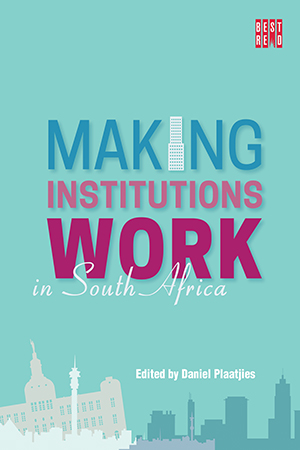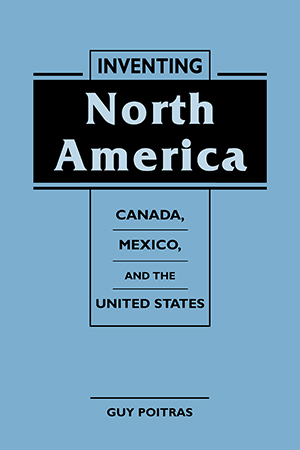BOOKS
Choice Outstanding Academic Book! How pervasive is reverse discrimination in the United States today? What exactly is "affirmative action"? Fred Pincus investigates the nature and More >
What is diversity? How does prejudice show itself? What are the societal consequences of discrimination? Has anything changed over the past 50 years? These are just some of the questions More >
Thoroughly updating his widely acclaimed book on third world democracy, Pinkney incorporates provocative explorations of the influences of external forces, the roles of the state and civil More >
Recent US security policy toward Africa has adopted a multidimensional approach—including the use of military assets to promote economic development and good governance—that has More >
This study of thirteen of India's leading industrial families pays particular attention to the key decisions, cultural traditions, and personality issues that have contributed to their More >
Considerable material and human resources are devoted to building democratic institutions around the world. Why, then, do assistance programs fail to meet their proclaimed goals? And why More >
Making Institutions Work in South Africa places the structures and processes of institutionalization at the center of debates about democracy, state, and society in South Africa. As they More >
Hugo Wolf (1860-1903), the renowned composer of German lieder, left another legacy to musical world. His musical criticism, which first appeared in the Wiener Salonblatt from 1884 to 1887, More >
How are guns used and viewed by criminals? Where do criminals obtain guns? And how do laws make firearms more or less accessible? Confronting these contentious questions, Guns, Violence, and More >
In the face of potent domestic and global forces, the U.S., Canada, and Mexico—the NA-3—have devised an enterprise that promises to draw them closer together in the twenty-first More >



